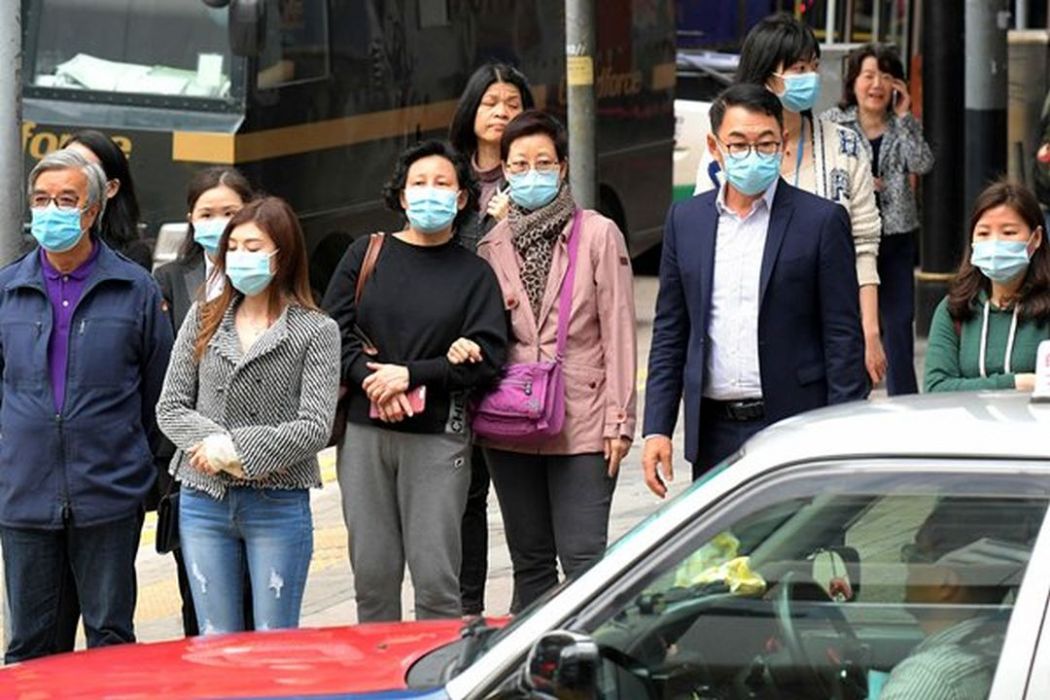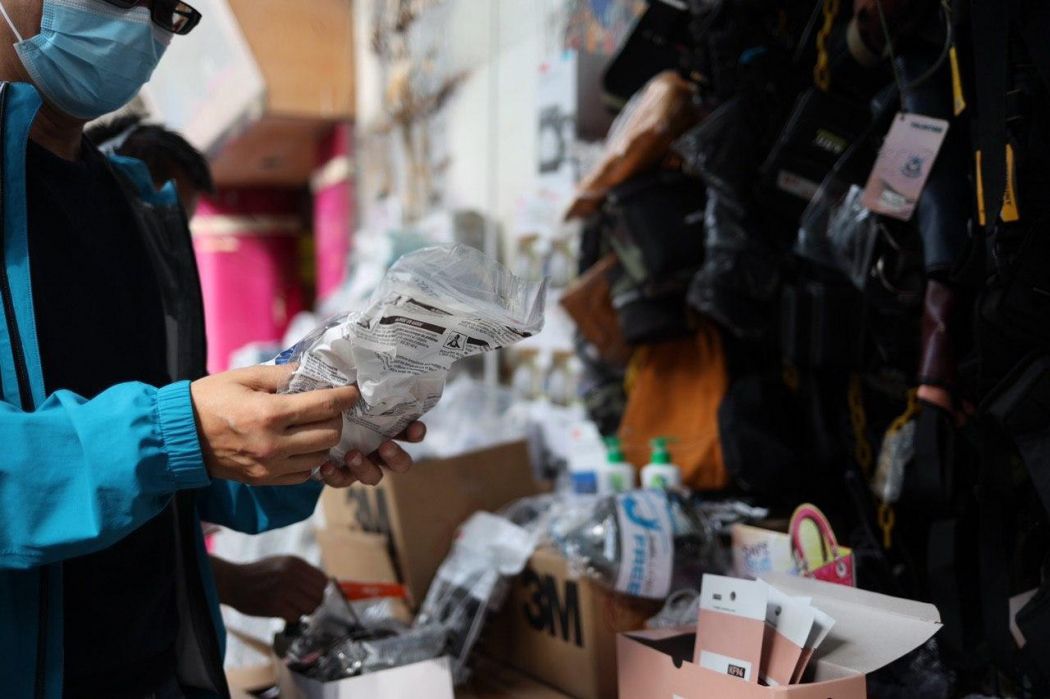By Dr Yanto Chandra
A friend recently made a joke that face masks and toilet rolls have become a new “wealth index” in Hong Kong amid the Covid-19 crisis. All thanks to panic buying and hoarding behaviour.
No one plans to engage in such behaviour. It is simply the human instinct for survival. The core of the matter is how the government — along with civic leaders, businesses and opinion leaders — can quickly tackle public paranoia and mitigate any similar incidents in the future.

We need creative policy designs that can stimulate a change in public behaviour towards desirable outcomes. The policy tools that have been used to tackle alcoholism, obesity, smoking, or student absenteeism problems can be used to tackle panic buying and hoarding. Rooted in the fast-growing field of behavioural public policy research, these tools are: carrot, stick, sermon, and nudge. Let me explain.
“Carrot” means rewarding desired behaviour. For example, subsidising electric cars has been proven to increase the purchase of such cars and the ratio of electric cars in the streets.
In relation to the coronavirus, one policy option would be to provide easy-to-administer vouchers or other incentives to allow certain vulnerable Hong Kong residents to acquire face masks and other essential goods.
The government’s HK$1.5 billion scheme and related plans to produce face masks locally rhymes well with the carrot strategy but it should avoid standard bureaucratic machinery to cool down collective paranoia. The carrot alone is often insufficient. It needs to be complemented with the next tool: stick.

“Stick” – from the phrase “carrot and stick” – refers to rules and regulations prohibiting certain behaviour. Examples include banning the possession of weapons and making education compulsory.
In this crisis, bans are the necessary evil to reduce and avoid panic buying and hoarding. For instance, banning retailers from increasing the price of essential goods like face masks beyond a certain percentage from the pre-crisis period, or mandating retailers to limit the number of essential goods that each citizen can purchase.
This requires an easy-to-use e-monitoring system that enables citizens and street-level officials to report any retailers’ irregular behaviour. These are emergency solutions. But carrot and stick will work better with another tool: sermon.
“Sermon” refers to information campaigns to discourage certain behaviour and or encourage certain behaviour. For example, information campaigns have been used to discourage alcohol consumption until a certain age (such as 21) or educate the public about health issues.
In the current crisis, public and grassroots leaders and celebrities must come forward to deliver calming messages and demonstrate body gestures to defuse public paranoia on the supply of essential goods. A recent Singapore minister’s leaked comment on “Don’t Do it Like Hong Kong” is a case in point that calls for more creative sermons to instil public confidence.

Hong Kong needs a counter-campaign like “Do It Like Hong Kong” to show how our “citizen innovators” – those who use their private resources to produce face masks for the good of the public – work hand in hand with the government, businesses (New World Development, SinoGroup and others) and non-profits as a united front to tackle this crisis.
The government’s personal hygiene campaign must be applauded as it has driven everyone towards better sanitation practices. But better and more campaigns are needed to counter racism attacks associated with this virus locally and globally and to restore business confidence.
Last but not least, we need the next tool – nudge – as an instrument that touches on the sub- or supra-rational part of the public psyche.
“Nudge” refers to reminders about certain social norms. The purpose is to make it easy for people to change their behaviour but without restricting their freedom of choice. For example, prior studies showed that telling citizens that “nine out of ten people in their town pay tax on time” can drive citizens to pay tax on time. Another classic example is printing a fly in the men’s room urinals, proven to increase toilet cleanliness, as it is used in Amsterdam’s Schiphol Airport.

In the current crisis, nudges can include “Hoarding Kills Hong Kong, Buy Responsibly,” or “Save Your Hard-Earned Money Today, Hong Kong Never Runs Out of Toilet Rolls.” Authentic viral cute messages, simple e-games and point-of-sales reminders can counter the proliferation of hoax videos and images on the state of goods supply.
What Hong Kong needs now is a 360-degree anti-crisis intervention. The government can devise a multitude of policy tools to influence the public and businesses towards desirable behaviour.
Well established policy experiments using pre- and post-tests against certain control groups (for example, district A compared against district B) can be designed and adjusted rapidly to develop precise policy concoctions before they are scaled up.
One classic tool is the so-called A or B testing. In 2010, Barack Obama’s team raised US$60 Million by testing four call-to-action buttons in their e-campaign (“Join Us Now,” “Learn More,” “Sign Up Now” and “Sign Up”) and found that “Sign Up””button in a combination with other buttons increased the sign-up rate by 40.6 per cent.

Policy experiments can be done in the laboratory, in the field, or online. But creativity and adaptation to discover which behavioural insights work locally is critical because the public behaves differently in different countries and contexts.
If we don’t test it, how do we know if it works? If it works, how can we make it better given different options? This is the important principle of responsible policymaking. There is a wealth of behavioural insights and tools from behavioural public policy at our disposal to win this crisis, as well as in the “business as usual” times.
Dr Yanto Chandra is Associate Professor at the Hong Kong Polytechnic University, and Director for the Centre for Social Policy and Social Entrepreneurship.
